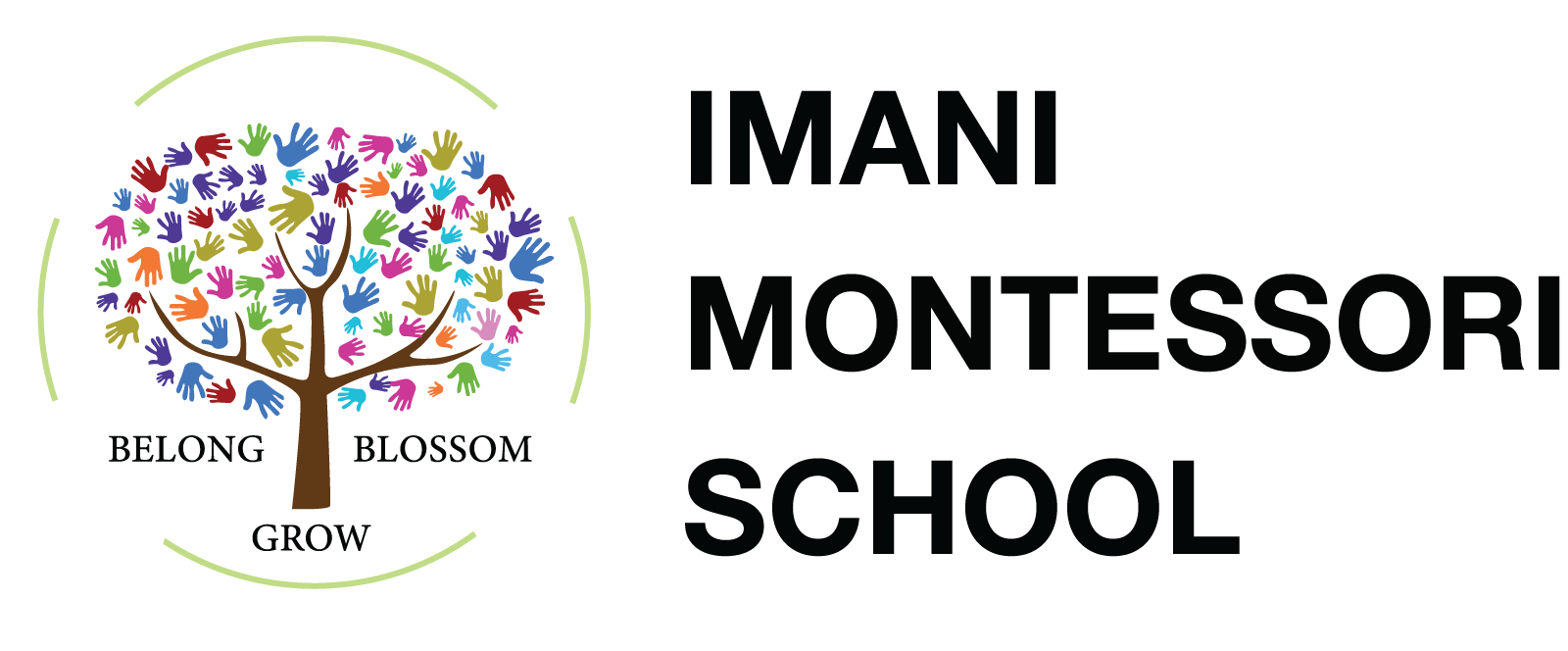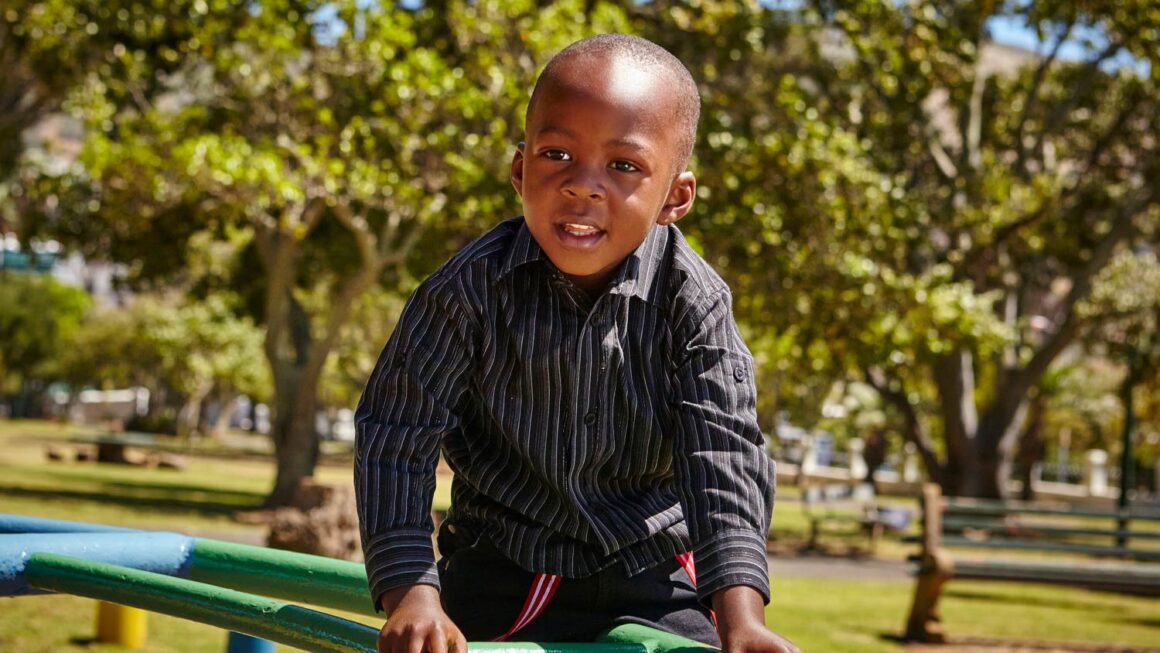At Imani Montessori School, we are committed to helping children develop not only academically but also as well-rounded individuals. We believe that education should be holistic, focusing on the development of the whole child. Our Montessori approach provides the perfect environment for children to develop the essential life skills they need to thrive.
The Montessori approach is uniquely positioned to help children develop these critical life skills. By providing an environment that encourages exploration, independence, and responsibility, Montessori education prepares children for the demands of the real world.
Here’s how we do it at Imani Montessori School:
-
Encouraging Self-dependence Through Choice and Responsibility
In the Montessori classroom, children have the freedom to choose their activities, which empowers them to take charge of their learning. This autonomy helps them develop self-dependence, as they learn to make decisions about what interests them, how they will approach a task, and how they manage their time. They learn that their actions have consequences and that they are capable of managing their own needs, whether it’s selecting an activity, cleaning up after themselves, or caring for classroom plants.
-
Developing Problem-Solving Skills Through Hands-On Learning
Montessori materials are designed to be self-correcting, meaning children can identify and fix their mistakes independently. This hands-on approach encourages critical thinking and problem-solving. Children learn to experiment, make predictions, and test their ideas, developing resilience and the ability to think creatively when faced with challenges.
-
Fostering Communication and Interdependence in a Mixed-Age Setting
Montessori classrooms are typically mixed-age, which means children learn to communicate and collaborate with peers of different ages. Older children often take on mentoring roles, helping younger ones and modeling positive behaviors. This interaction fosters empathy, patience, and effective communication skills. It teaches children to respect others’ ideas, listen actively, and express their own thoughts clearly.
- Building Adaptability Through Flexible Learning Environments
The Montessori environment is dynamic and adaptable. Children are encouraged to explore different subjects, work with various materials, and adapt to new challenges. This flexibility helps them become comfortable with change, equipping them with the adaptability needed to thrive in a constantly evolving world.
- Cultivating Self-Discipline Through Structure and Routine
While Montessori classrooms offer freedom, they also have a structure that teaches children self-discipline. Children learn to follow routines, respect classroom rules, and complete tasks before moving on to the next activity. This structure helps them develop the ability to focus, set goals, and follow through, which are crucial skills for academic success and personal growth.
- Nurturing Empathy Through a Respectful Community Environment
At Imani Montessori School, we emphasize the importance of community and respect. Children learn to care for their environment, take turns, share resources, and help their peers. These experiences teach them empathy and compassion, helping them understand the importance of contributing to a supportive and inclusive community.
Preparing Children for a Successful Future
The life skills developed through the Montessori approach are not just beneficial for childhood—they lay the groundwork for a successful future. Children who grow up with strong life skills are more likely to become adults who are capable, confident, and compassionate. They are better prepared to face life’s challenges, pursue their passions, and make meaningful contributions to society.


Join the Conversation